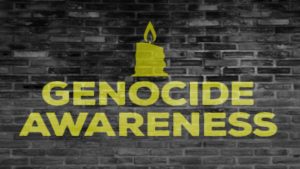 By its resolution 69/323 of 29 September 2015, the United Nations General Assembly established 9 December as the International Day of Commemoration and Dignity of the Victims of the Crime of Genocide and of the Prevention of this Crime. 9 December 2022 marks the International Day of Commemoration and Dignity of the Victims of the Crime of Genocide and of the Prevention of this Crime, as well as the 74th anniversary of the 1948 Convention on the Prevention and Punishment of the Crime of Genocide (the “Genocide Convention”), the first human rights treaty adopted by the General Assembly. The Convention signifies the international community’s commitment to “never again” and provides the first international legal definition of “genocide,” widely adopted at national and international levels. It also establishes a duty for State Parties to prevent and punish the crime of genocide. Every year the United Nations Office on Genocide Prevention and Responsibility to Protect organizes events to mark this International Day, honoring the victims of genocide and the anniversary of the Convention.
By its resolution 69/323 of 29 September 2015, the United Nations General Assembly established 9 December as the International Day of Commemoration and Dignity of the Victims of the Crime of Genocide and of the Prevention of this Crime. 9 December 2022 marks the International Day of Commemoration and Dignity of the Victims of the Crime of Genocide and of the Prevention of this Crime, as well as the 74th anniversary of the 1948 Convention on the Prevention and Punishment of the Crime of Genocide (the “Genocide Convention”), the first human rights treaty adopted by the General Assembly. The Convention signifies the international community’s commitment to “never again” and provides the first international legal definition of “genocide,” widely adopted at national and international levels. It also establishes a duty for State Parties to prevent and punish the crime of genocide. Every year the United Nations Office on Genocide Prevention and Responsibility to Protect organizes events to mark this International Day, honoring the victims of genocide and the anniversary of the Convention.
The Genocide Convention
The Genocide Convention (article 2) defines genocide as « any of the following acts committed with intent to destroy, in whole or in part, a national, ethnical, racial or religious group … « , including:
- Killing members of the group;
- Causing serious bodily or mental harm to members of the group;
- Deliberately inflicting on the group conditions of life calculated to bring about its physical destruction in whole or in part;
- Imposing measures intended to prevent births within the group;
- Forcibly transferring children of the group to another group.
The Convention confirms that genocide, whether committed in time of peace or war, is a crime under international law which parties to the Convention undertake “to prevent and to punish” (article 1). The primary responsibility to prevent and stop genocide lies with the State.
Prevention of Genocide
To prevent genocide and genocidal conflicts, it is critically important to understand their root causes.  While conflict has many causes, genocidal conflict is identity-based. Genocide and related atrocities tend to occur in societies with diverse national, racial, ethnic or religious groups that are locked in identity-related conflicts. It is not simply differences in identity, whether real or perceived, that generate conflict, but the implication of those differences in terms of access to power and wealth, services and resources, employment, development opportunities, citizenship and the enjoyment of fundamental rights and freedoms. These conflicts are fomented by discrimination, hate speech inciting violence and other violations of human rights.
While conflict has many causes, genocidal conflict is identity-based. Genocide and related atrocities tend to occur in societies with diverse national, racial, ethnic or religious groups that are locked in identity-related conflicts. It is not simply differences in identity, whether real or perceived, that generate conflict, but the implication of those differences in terms of access to power and wealth, services and resources, employment, development opportunities, citizenship and the enjoyment of fundamental rights and freedoms. These conflicts are fomented by discrimination, hate speech inciting violence and other violations of human rights.
In terms of prevention, the critical step is to identify the factors (discriminatory practices) in a given situation that lead to or account for acute disparities in the treatment of a diverse population, and to seek ways to diminish and eventually eradicate these possible causes of genocidal violence. Given that no country is perfectly homogeneous, genocide is a truly global challenge.
 In today’s 1st reading (Micah 5:1-4) the prophet Micah promises, in God’s name, those very precious things.
In today’s 1st reading (Micah 5:1-4) the prophet Micah promises, in God’s name, those very precious things. At this time, many of us start decorating our homes for the festive season.
At this time, many of us start decorating our homes for the festive season.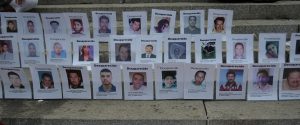
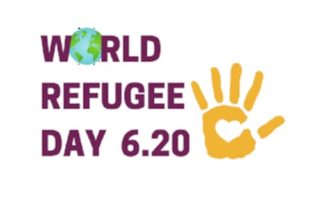
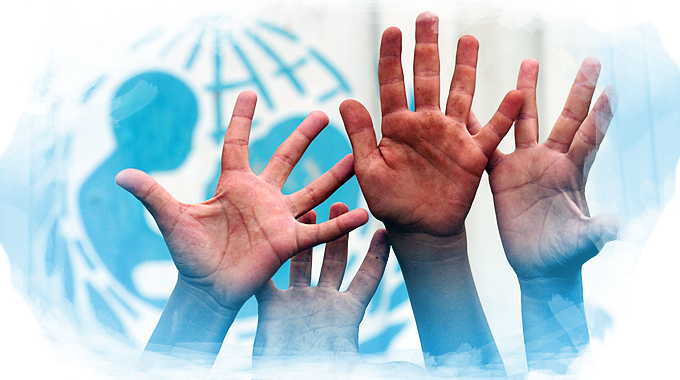
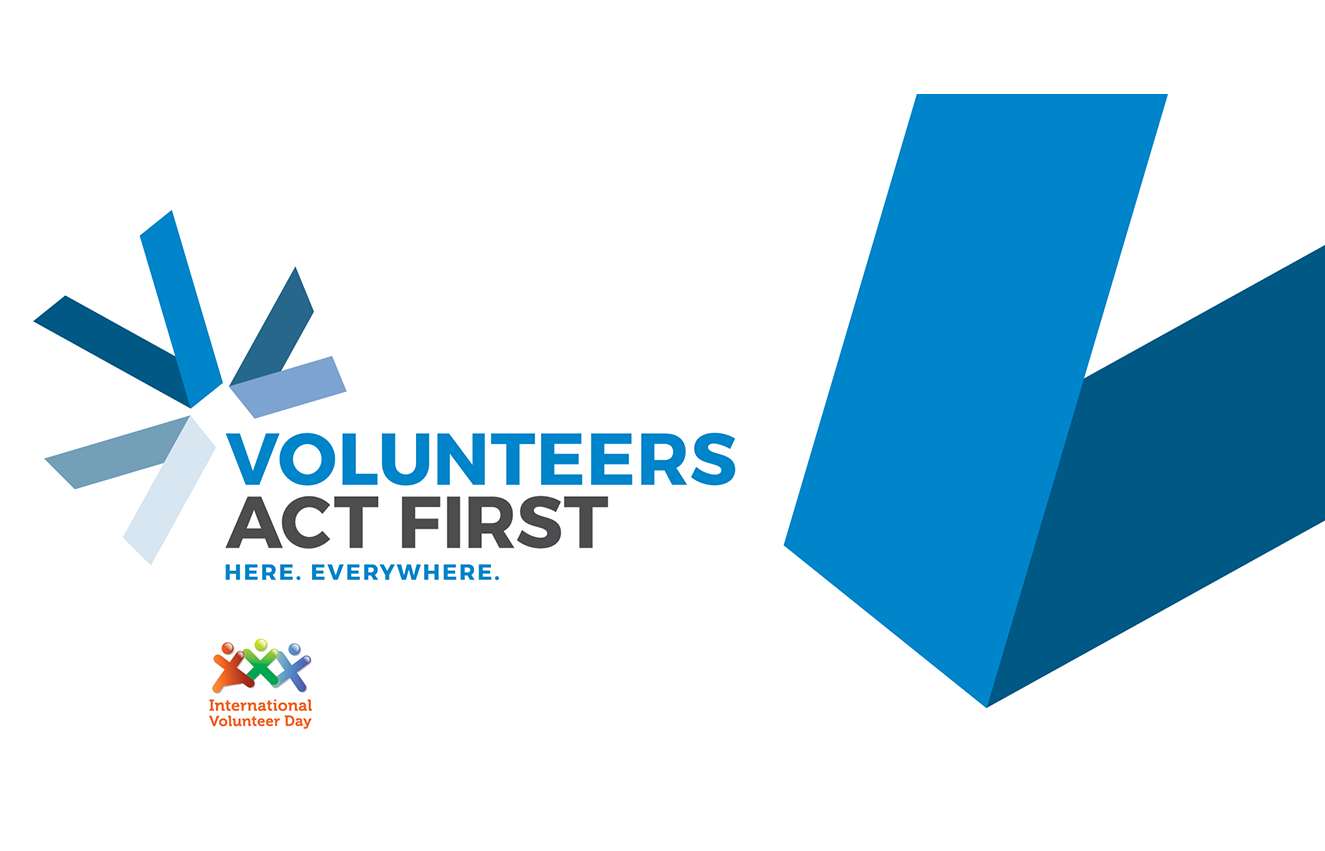
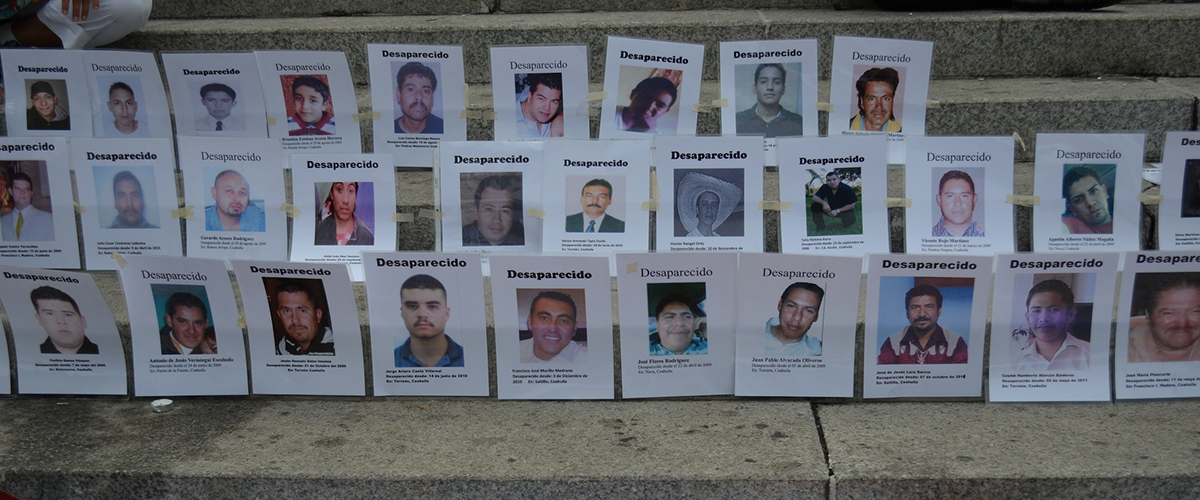
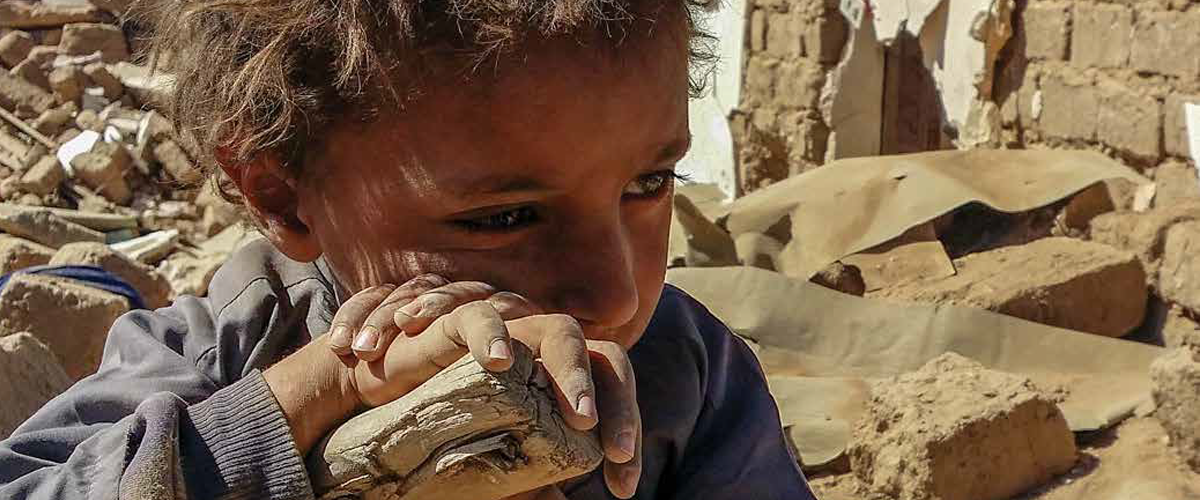 Around the world, conflict is exacting a massive toll on people’s lives. Trapped in wars that are not of their making, millions of civilians are forced to hide or run for their lives. Children are taken out of school, families are displaced from their homes, and communities are torn apart, while the world is not doing enough to stop their suffering. At the same time, health and aid workers – who risk their lives to care for people affected by violence – are increasingly being targeted.
Around the world, conflict is exacting a massive toll on people’s lives. Trapped in wars that are not of their making, millions of civilians are forced to hide or run for their lives. Children are taken out of school, families are displaced from their homes, and communities are torn apart, while the world is not doing enough to stop their suffering. At the same time, health and aid workers – who risk their lives to care for people affected by violence – are increasingly being targeted.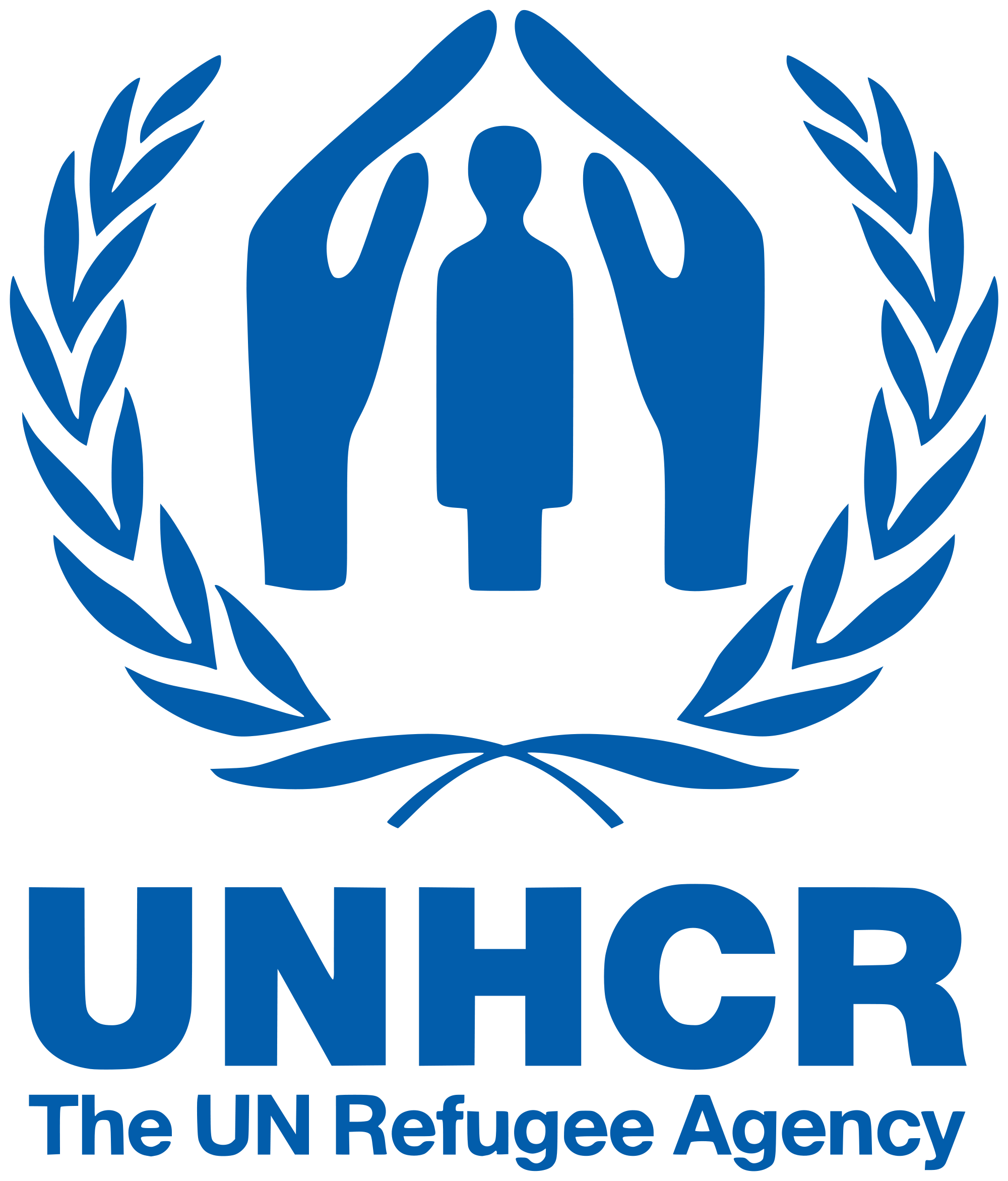 The United Nations’ (UN) World Refugee Day is observed on June 20 each year. This event honors the courage, strength and determination of women, men and children who are forced to flee their homeland under threat of persecution, conflict and violence.
The United Nations’ (UN) World Refugee Day is observed on June 20 each year. This event honors the courage, strength and determination of women, men and children who are forced to flee their homeland under threat of persecution, conflict and violence.